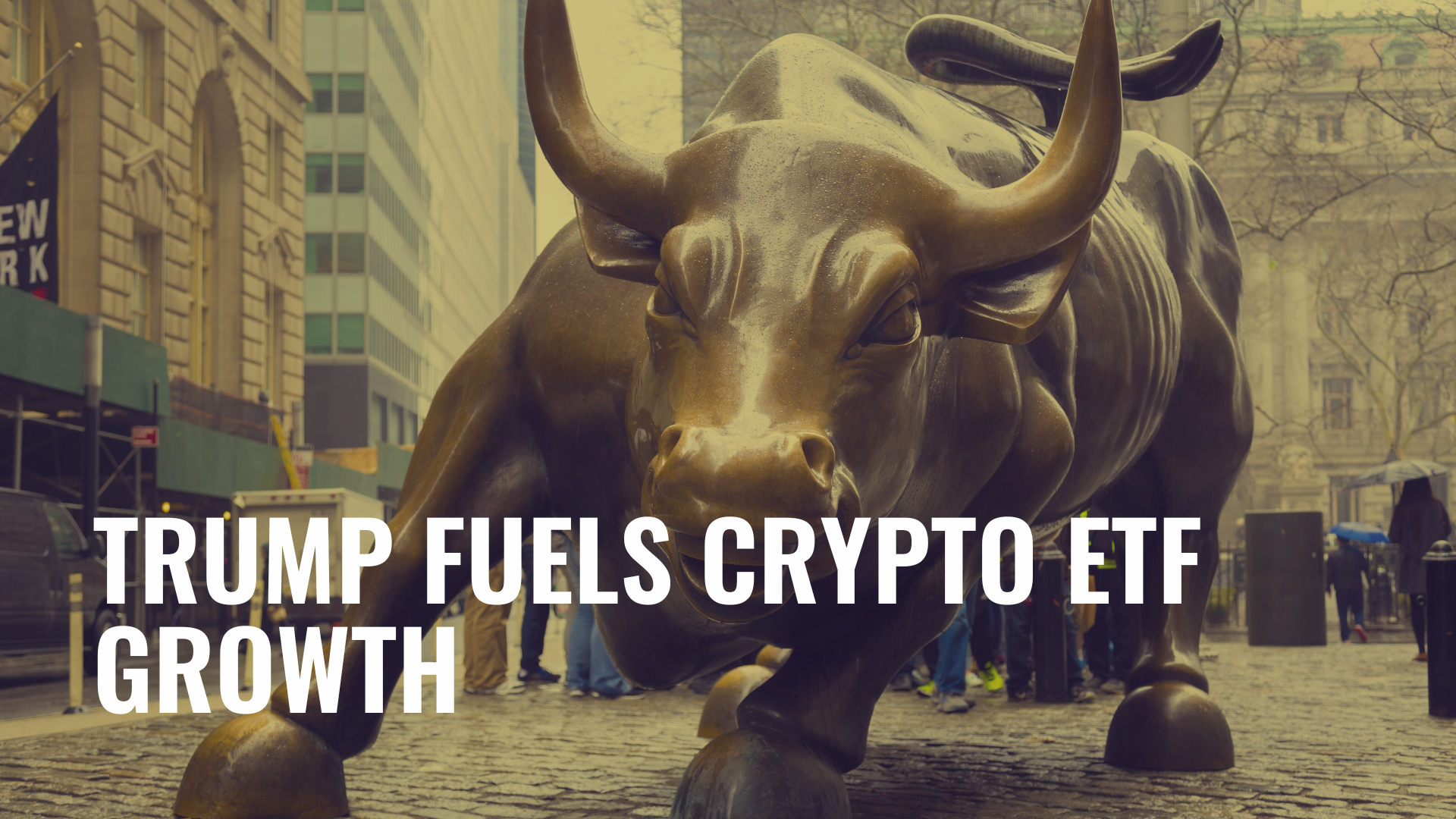Young People and Crypto Betting: A Guaranteed Fortune or a Risky Game?
Sentiment status: Negative
Young men are placing big bets on cryptocurrencies, meme stocks, and political wagers, achieving impressive short-term gains while taking on significant risks. The Wall Street Journal highlights how this generation is challenging traditional financial methods in pursuit of financial independence.

In a world where traditional markets often feel slow and predictable, a new wave of young investors is redefining how money moves. From crypto to political wagers, these individuals are embracing volatility, turning small amounts of capital into impressive fortunes, while also facing the possibility of devastating losses.
This is the reality for many bold young investors, armed with smartphones and audacity, who are dominating speculative markets such as cryptocurrencies, meme stocks, and sports betting.
DraftKings and Meme Stocks

For these investors, risk is not a foe but an opportunity. However, it’s not just about making quick money. These investments symbolize a generational shift, where entertainment, rebellion against traditional financial systems, and the pursuit of a brighter future take center stage.
In the first 11 months of the year, an imaginary portfolio evenly split between Bitcoin, gold, the meme stock GameStop, and the sports betting platform DraftKings delivered a return of 62%—more than triple the yield of a conventional 60/40 stock-to-bond investment strategy.

Speculative Assets Surge Amid Historic Bitcoin Highs
The rise of speculative assets aligns with a historic moment as Bitcoin surpassed the $100,000 mark for the first time, fueled by optimistic political stances toward cryptocurrencies.
Emerging platforms like Kalshi, where users can wager on political outcomes, have also seen remarkable activity. During the U.S. presidential elections alone, $166 million was bet, with young men dominating this market.
The Predominant Profile: Youth, Masculinity, and Financial Rebellion
The boom in cryptocurrency and high-risk bets has a distinct face: young men, particularly aged 18 to 34. According to The Wall Street Journal, over 42% of men in this age group have invested in cryptocurrencies, compared to just 17% of women. This behavior reflects cultural factors such as the value placed on masculinity and the drive to "break away" from traditional financial systems.

Digital Platforms and a Generation Seeking Financial Escape
Amid lower labor and educational participation, along with a rising perception of gender discrimination (reported by 45% of young men in 2023), platforms like Reddit and YouTube have become hubs where speculative investment intersects with entertainment and rebellion. Digital influencers and online communities fuel this trend, reflecting a dual pursuit of financial independence and an escape from perceived systemic limitations.
The Pandemic’s Role in the Rise of Young Retail Investors
The pandemic economy reshaped the financial landscape, driving a new wave of young, resource-limited investors into speculative markets. Government stimulus checks, lockdowns, and commission-free trading platforms like Robinhood opened the doors to markets, making retail investors younger and predominantly male, according to Broadridge. While speculative investments promise rapid wealth accumulation, they also carry the inherent danger of catastrophic losses.

Byron Hayes, known on forums as "Financial Failure" after experiencing significant losses in meme stocks and cryptocurrencies, exemplifies the highs and lows of speculative investing. Despite a 30% increase in his crypto portfolio following the last election cycle, his initial investments in meme coins cost him over five figures. However, the same risks enabled him to purchase his first home during the cryptocurrency boom of 2017.
Hayes’s story highlights the allure of these markets, the promise of immense rewards. Yet, the collapse of platforms like FTX in 2022 serves as a stark reminder of the dangers. For Alex Monahan, FTX’s downfall wiped $400,000 from his portfolio. Although Monahan has since recouped half of his losses, he now acknowledges the perils of relying on informal advice from forums. He has shifted his focus to educating others about the risks associated with sports betting, another high-stakes arena drawing young investors.
The Social Media Mirage of Financial Success
Social media further distorts perceptions of financial success. Influencers and users frequently flaunt six-figure gains while rarely disclosing their losses. Jahred Jones, who turned a $2,000 stimulus check into $80,000, notes that this one-sided narrative fuels impulsive decisions, which often lead to failure. His experience underscores the need for transparency and education to navigate speculative markets responsibly.
A High-Risk Escape from Traditional Finance
Cryptocurrencies, led by Bitcoin, have captivated young investors seeking to build wealth outside the constraints of traditional finance. For many, including Byron Hayes, speculative investments appear to be the only viable path toward long-term goals like retirement, given the high cost of living and the underwhelming returns of conventional methods. However, relying on volatile assets exposes investors to significant risks, potentially derailing critical financial plans.
A Societal Shift with Financial Consequences
This trend reflects broader societal dynamics, where economic inequality and social tensions are on the rise. While women have made strides in education and employment, young men face declining labor participation and a growing sense of gender-based discrimination. In response, many are turning to risky investments and speculative bets as a way to "opt out" of the traditional system.
The Ripple Effect on Personal and Social Stability
This high-risk approach doesn’t just impact personal finances, it also reverberates through the social fabric. The growing reliance on speculative markets by young men underscores a cultural shift, one driven by dissatisfaction with established norms and a search for independence. However, the volatility of these investments amplifies financial vulnerability and contributes to an increasingly fractured societal landscape.
aboutTheAuthor
Copywriter, Storyteller, Content Strategist & Crypto Enthusiast since 2018


